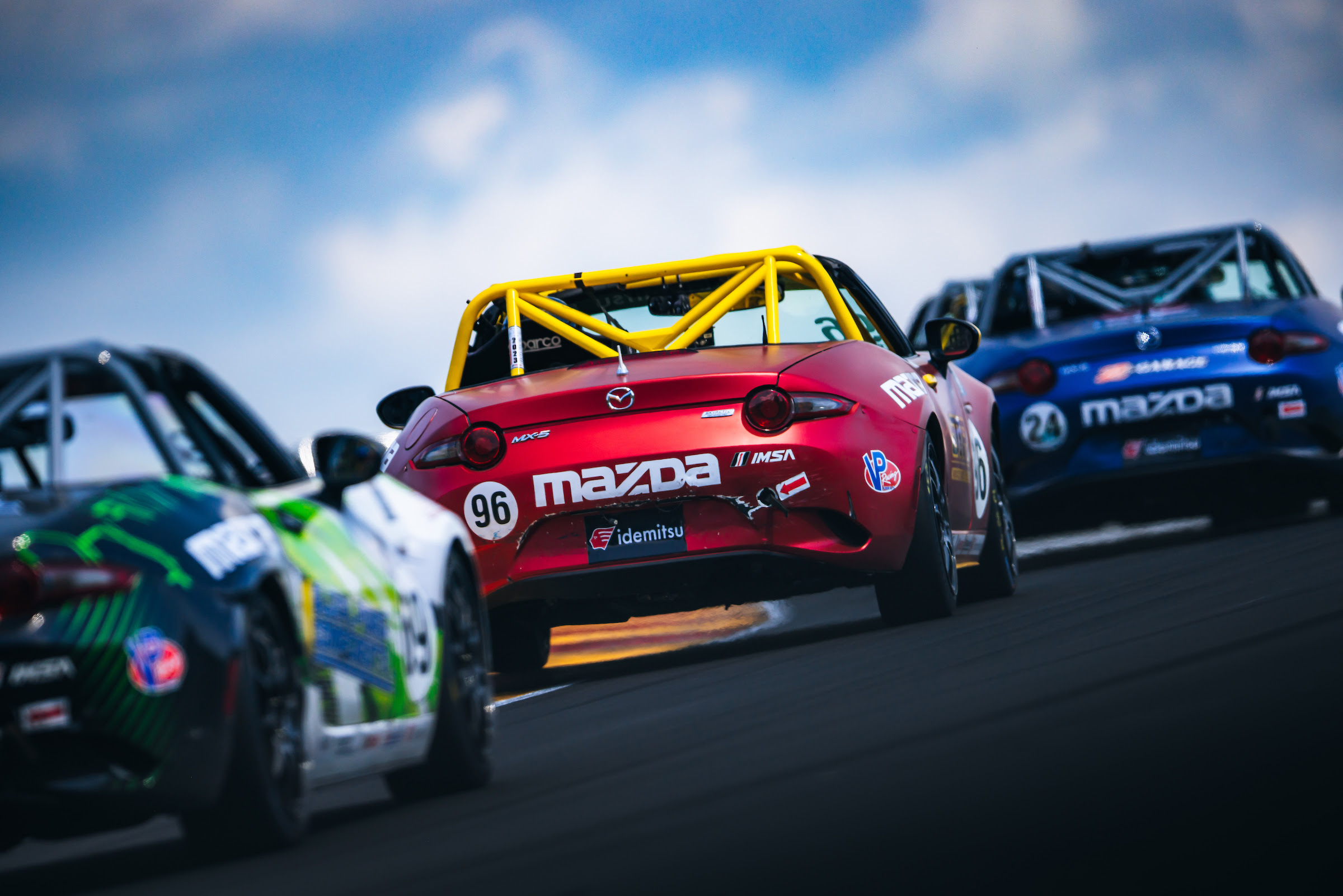There’s an undeniable thrill that comes with the roar of engines and the rush of wind as high-performance vehicles tear down the track. Motorsports have captivated the hearts of car enthusiasts for generations, pushing the boundaries of speed and performance. Yet, beyond the excitement lies a realm of technology that not only fuels the passion of racing but also translates into the realm of safer everyday driving. In this article, we delve into the intricate connection between motorsports technology and road safety, uncovering how advancements in racing technology are shaping the vehicles we drive, ultimately leading to safer journeys on the road.
The Cutting-Edge Technology in Motorsports
Motorsports have always been synonymous with innovation. The quest for speed and excellence has driven engineers to push the limits of vehicle design. Aerodynamics, for instance, plays a pivotal role in both speed and safety. Formula 1 cars, with their sleek contours and downforce-enhancing features, have paved the way for more stable and responsive road vehicles. Advanced materials, often first utilized in racing contexts, find their way into production cars, enhancing structural integrity and passenger protection. The marriage of data and performance has given rise to telemetry systems that gather real-time information from the track, allowing engineers to make data-driven decisions that improve both performance and safety.
The Transition to Safer Road Vehicles
The journey from racetrack to road is a path of technology transfer that benefits everyday drivers. Aerodynamic principles honed in motorsports improve not only speed but also fuel efficiency and stability. Crumple zones, which absorb impact energy during collisions, owe their existence to motorsports research. These zones play a pivotal role in reducing the severity of accidents and safeguarding lives. Braking systems, inspired by race car innovations, offer
enhanced stopping power and shorter braking distances, contributing to accident avoidance.
Human-Machine Interface and Safety
Motorsports technology extends beyond the mechanics of the vehicle. Communication between driver and machine is paramount in both racing and road safety. Driver-assistance technologies, derived from the intricate human-machine interaction of motorsports, are becoming integral to modern vehicles. Features like adaptive cruise control and lane-keeping assist enhance driver awareness and reduce the risk of accidents. The strides made in autonomous driving, influenced by motorsports innovation, aim to transform road safety by minimizing human error.
Environmental Impact and Efficiency
As the world grapples with environmental concerns, the motorsports industry is taking a proactive stance toward sustainability. The same technology that once aimed solely for speed is now being harnessed to create efficient, eco-friendly solutions. Motorsports technology has played a pivotal role in advancing fuel efficiency and hybrid technologies. Lightweight materials and aerodynamics not only contribute to speed but also aid in reducing emissions and fuel consumption. The push for sustainability in motorsports echoes in the choices made in designing road vehicles, aligning racing prowess with environmental responsibility.
The Role of Lawyers in Truck Accidents
Shifting gears, it’s essential to acknowledge that safety on the road extends beyond technological innovation. The unfortunate reality is that accidents can and do happen, particularly in cases involving large vehicles like trucks. This is where legal support, such as that provided by a lawyer for truck accidents, comes into play. In the aftermath of a truck accident, victims may face complex legal situations, battling for their rights and fair compensation. A knowledgeable and experienced lawyer specializing in truck accidents can provide invaluable guidance, ensuring that victims receive the support they need during a challenging time.
Training and Education Inspired by Motorsports
Motorsports aren’t just about pushing the limits of vehicles; they’re also about refining the skills of drivers who operate them. Professional racers undergo extensive training in areas such as vehicle control, situational awareness, and decision-making under high-stress conditions. These skills translate directly into defensive driving techniques that can help individuals navigate unpredictable road scenarios safely.
Advanced driving courses, inspired by racing techniques, offer enthusiasts the opportunity to improve their driving skills. Participants learn how to handle emergency maneuvers, master skid control, and understand the dynamics of vehicle weight transfer. These courses empower drivers with the ability to make split-second decisions and respond effectively in challenging situations. By adopting these techniques, drivers can enhance their overall safety on the road and reduce their risk of accidents.
The Future of Safer Driving
As technology continues to advance at a rapid pace, the future of road safety holds promising innovations that are influenced by the world of motorsports. One such trend is the emergence of connected vehicles and smart infrastructure. The ability of vehicles to communicate with each other and with roadside infrastructure can revolutionize road safety. Imagine a scenario where cars share real-time data about traffic conditions, road hazards, and weather, allowing drivers to make informed decisions and avoid potential accidents.
Additionally, artificial intelligence and machine learning are poised to play a pivotal role in safer driving. These technologies can analyze vast amounts of data from various sources to predict potential hazards and assist drivers in making safer choices. From adaptive cruise control that adjusts speed based on traffic flow to intelligent collision avoidance systems that can take evasive action, the integration of AI in vehicles holds immense potential for preventing accidents and reducing the severity of collisions.
The convergence of motorsports technology and everyday driving safety is a testament to human ingenuity and the pursuit of excellence. The advancements that elevate racing performance also lead to enhanced road safety, shaping the vehicles we drive and the way we navigate our journeys. As the world evolves, so too does the marriage of speed, innovation, and safety. From aerodynamics to autonomous driving, from fuel efficiency to defensive driving, the realm of motorsports resonates far beyond the track, making our roads safer and our driving experiences richer.
Jennifer Bell is an avid motorsports fan, a defensive driver, and a writer for truck accident lawyers in the Philadelphia area.







